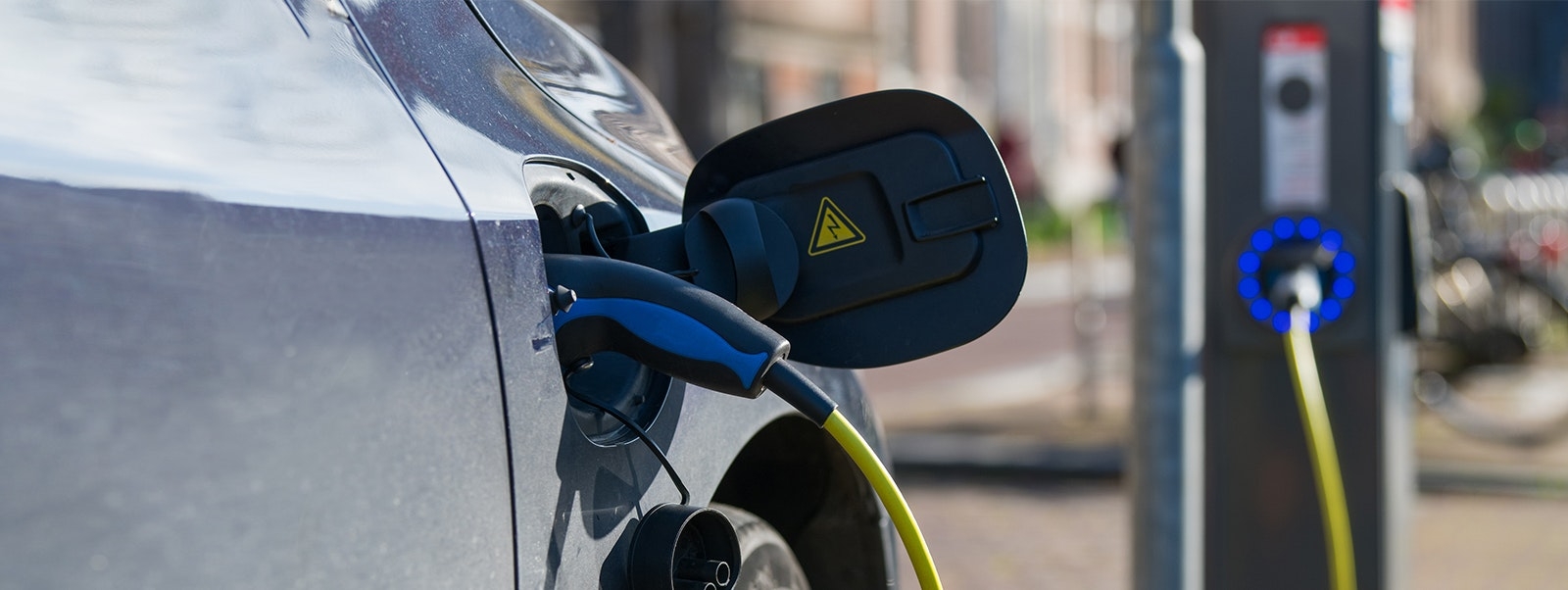The first modern engines were created in 1876. Since then internal combustion engines have been an integral part of transportation systems and automobiles. Awareness regarding the environment has increased in recent times, making the scientific community to re-evaluate the use of such technology. Alternatives to Internal combustion (IC) engine are commercially available, such as Electric Vehicles (EVs), among other possible options. IC engines are being portrayed as a primary knave behind environmental issues like climate change and global warming.
Moreover, G7 countries like France, the UK and Germany have strategized to phase out IC engines completely in the coming two decades. A constant pressure to improve the air quality and increasing GHG emissions, would the Internal Combustion Engine (ICE) still prevail as the power-horse of our future transportation needs?
Electric Mobility and IC Engines
According to an estimation, presently, there are more than 2 billion IC engines under operation around the world. Evidently, these engines are not just deployed in cars, but they are also used to run trucks, ships, trains and more. The amount of research in the ICE, over the years, has been phenomenal.
At the same time emissions due to these have significantly decreased. Catalytic converters have proven to be effective in controlling emissions in gasoline engines, but this is not the case with diesel engines. Concededly, fossil fuels are limited and the fact that these fuels contribute to emissions, it imperious that an alternate solution must be found. Electric vehicles seem to be the most popular alternative among others, in the markets around the world.
The future mobility is characterized by a combination of alternatives, involving Battery-Electric and Hybrid Electric Vehicles (BEV and HEV), Fuel cell electric vehicles (FCEVs) and traditional vehicles. This all depends on consumer recognition, the country under consideration and type of application. Ostensibly, the combustion engines will still play a central role in power generation or vehicles, even in the entire electrified power train systems. All this has stimulated the improvements in the thermal efficiency of IC engines without a significant increase in the purchase and operating cost within this short to medium term.

Market Summary in the View of E-Mobility
In all major markets, electric vehicles have witnessed an upward trend. More and more companies have been coming up with EVs and placing them in the market. Evidently, in 2017 nearly, 1 million such vehicles entered the global markets. China, the European countries and the US are the leading ones in the EV markets. India, on the other hand, is emerging as a major market, with National E-mobility programme, announced by the government. This targets 30% of the vehicles to be sold by 2030, to be electric.
Affordable energy has been contributory in raising the standard of living of the people around the world, particularly in poor nations. Owing to the fact that, in the history of humanity, people have been relying on fossil or bio-derived fuels to meet the energy needs. For this fact, IC engines have and will be in an imperative position in the market for the upcoming decade.
Emissions from the Internal Combustion Engine and the Environment

Throughout the history of IC engine and ages before climate change concerns came to prominence, researchers have striven in the direction of improving fuel efficiency, reducing pollutant emissions and operating cost. This all was to guarantee the optimal use of limited fuel resources for prevailing and upcoming generations. In a duration of the last four decades, as a response to air quality issues, research on fuel combustion, exhaust after-treatment and controls has led to a significantly noticeable cleaner environment.
Electrification of transport has received great interest from investors around the world. Among all, only battery-based electric vehicles can completely eliminate the prevailing need of IC engines. However, the Life Cycle Analyses of greenhouse gas impact of battery-electric vehicles have revealed the truth about the use of batteries. Majority of analyses ignore the upstream CO2 in fuel extraction, refining and transportation, as well as in the production and distribution of electricity. Batteries require critical raw materials like lithium and cobalt, that need a large amount of energy for extraction.
Manufacturing of batteries, motors and other related infrastructure like charging stations, manufacturing units would again need a large flow of materials, energy and man force for setting up of such utilities.
Conclusively, in practice, people solely have the freedom to choose among the available powertrains based on factors, like cost, for instance. Politics, car-makers or academia have no role to play in the preference of consumers. Unilaterally favoring one technology through policies can be inefficient and perhaps a wrong solution on a long term basis. Use of real-world data is a better approach so as to allow competing technologies to flourish.
Lastly, Continuing such developments would need more young and skilled minds to contribute to these fields and ensure the consistent delivery of vibrant and sustainable development of Internal Combustion Engines.
Click here to read about how Carbon dioxide has now-a-days changed the perception of its “Green House Gas”




[…] Is this the time to phase out the IC Engines? Electric Vehicles sector is booming and covering a large part of total automobiles production globally. But the electrification idea still remains far-fetched and many things are not taken in consideration. Government policies and subsidies for consumers, or a US-based giga-manufacturer ruling the sector is not enough. […]
[…] Combustion engines, both internal (diesel and gasoline) or external (steam), have long been the chauffeurs of the advanced world as we know it. However, environmental concerns about damaging CO2 and nitrogen oxide emissions have moulded this fossil fuel-driven engine into a questionable legacy, frequently quoted in the same breath as coal-fired energy stations. It reveals why many researchers striving for sustainable power generation wish to look beyond combustion as a medium for generating energy. […]